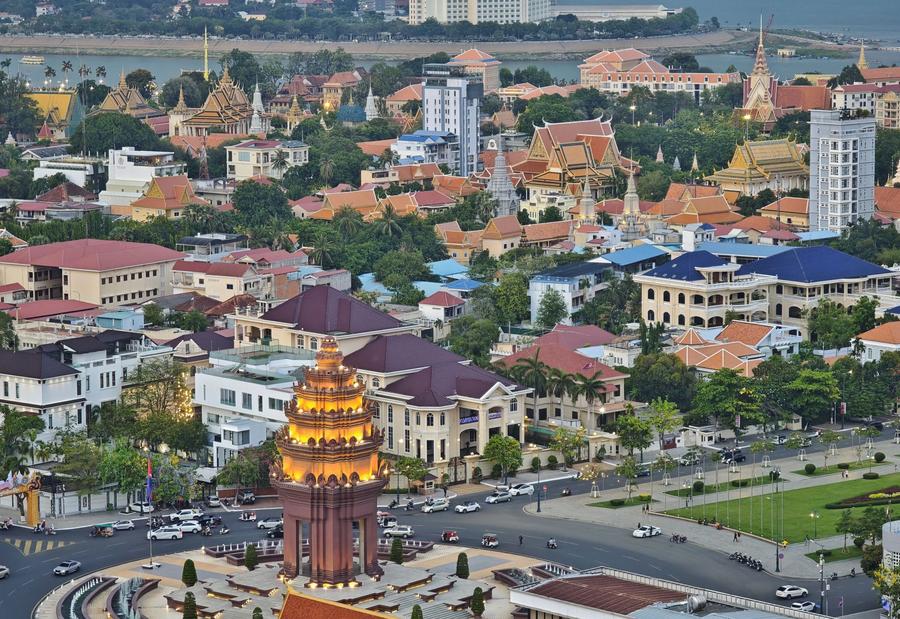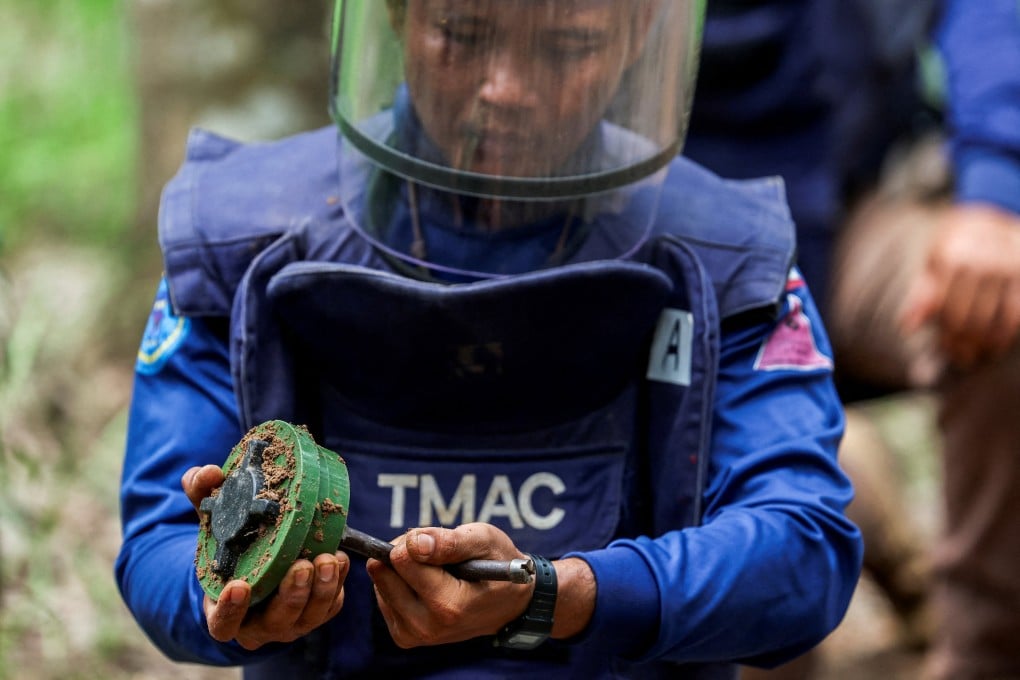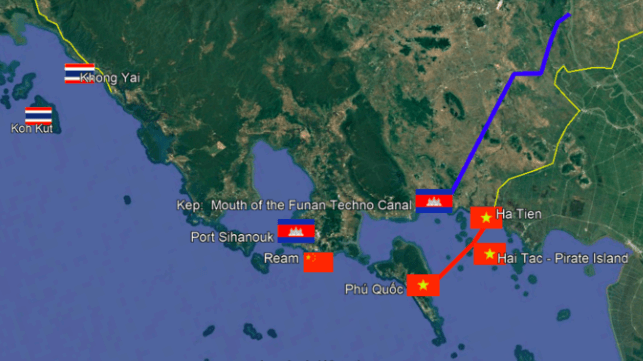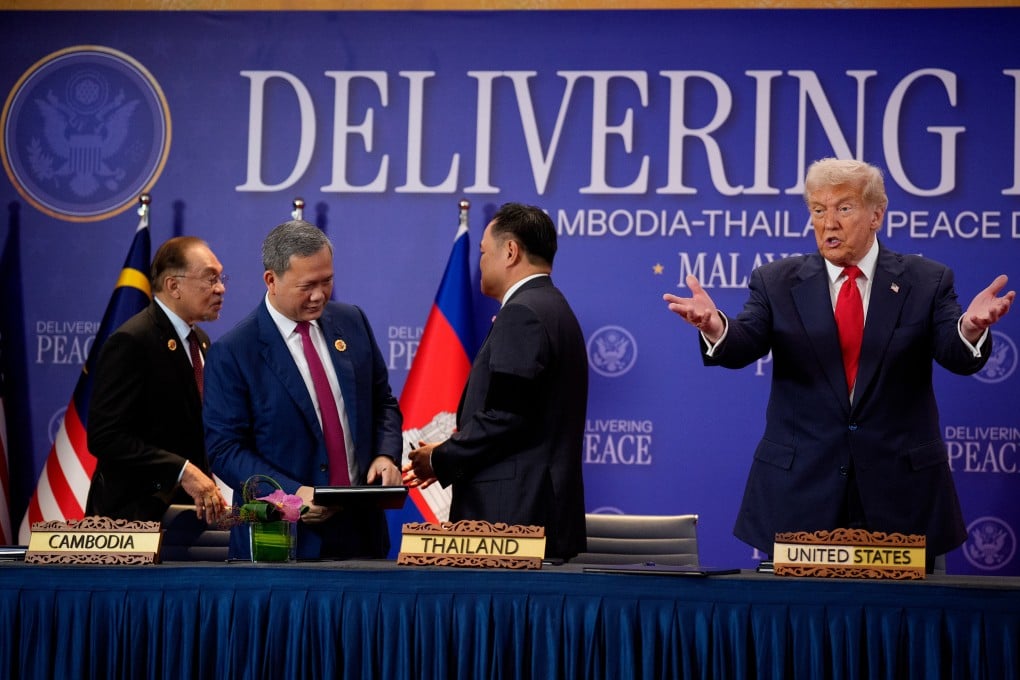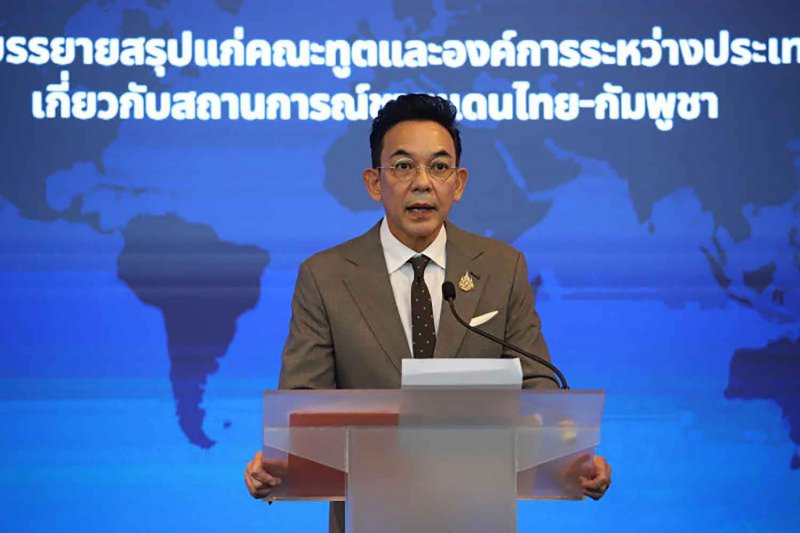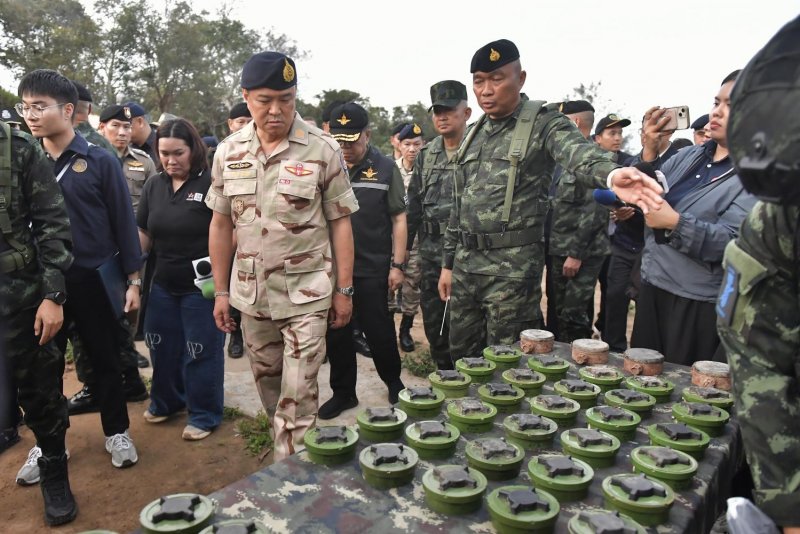Khmer Circle:
Playing
victims? Is it a coincidence that Thai soldiers allegedly stepped on land mines
days after the peace pact was signed in Kuala Lumpur and just before the 18
captured Cambodian soldiers were due to be 'released'? The mine fields in
question are some of the most heavily mined areas in the world, dating back to
the war in the 1980s when Bangkok was happy enough to give its tacit support to
the Khmer Rouge who planted the mines and controlled this region as a buffer
against Vietnamese invasion and intrusion on to Thai territory. Even if Phnom
Penh is determined to clear all the mines laid in the areas it could take
months or even years to do so successfully and completely, let alone in a few
days!
Moreover,
Thailand possesses all the modern technology and equipments needed to clear
these mines yet still sending its soldiers into the areas that are still in
dispute between the two countries then complain of Cambodia's 'failure' to observe
the terms of the peace agreement when its soldiers are injured by the mines!
No matter
how unscrupulous Hun Sen is, he cannot afford to engage in a prolonged and
protracted confrontation with an enemy who is not of his size and means, and
the Thais are fully aware of that notwithstanding their frequent attempts at
provoking him into such a conflict by encroaching on Cambodian territory, injuring
and killing innocent Cambodian civilians living along the border!
^^^
Foreign Ministry spokesman Nikorndej Balankura has reiterated that
security issues between Thailand and Cambodia should be kept separate
from trade negotiations between Thailand and the US.
Thailand has urged the United States to help pressure Cambodia to comply with the Kuala Lumpur Peace Accord signed on Oct 26 on the sidelines of the Asean Summit in Malaysia.
Foreign Ministry spokesman Nikorndej Balankura said on Wednesday that following a telephone conversation between Prime Minister Anutin Charnvirakul and US President Donald Trump on Nov 14, Mr Anutin sent another letter dated Nov 18 expressing concern over Cambodia's alleged violations of the accord. He urged Cambodia not to obstruct Thailand's demining operations.
While calling on Cambodia to honour the Peace Accord, Mr Nikorndej reiterated Thailand's position that security issues between the two countries should be kept separate from trade negotiations between Thailand and the US. However, he said that although the issues should not be formally linked, Thailand would still like Washington to encourage Cambodia to follow the agreement.
In a related development, the House committee studying the possible cancellation of the 2000 and 2001 memoranda of understanding (MoUs 43–44) between Thailand and Cambodia on boundary demarcation is seeking a 30-day extension to complete its work, citing insufficient time to gather all documents.
Saritpong Kiewkong, a Bhumjaithai Party MP for Krabi and committee chairman, said the panel's mandate ends on Dec 3.
Bangkok Post
